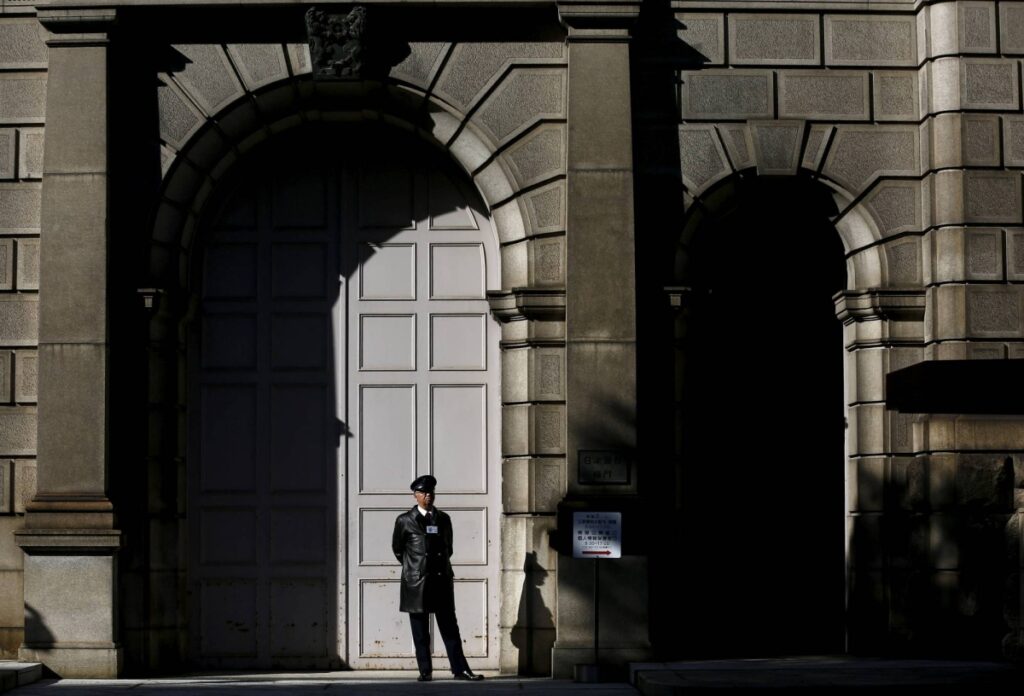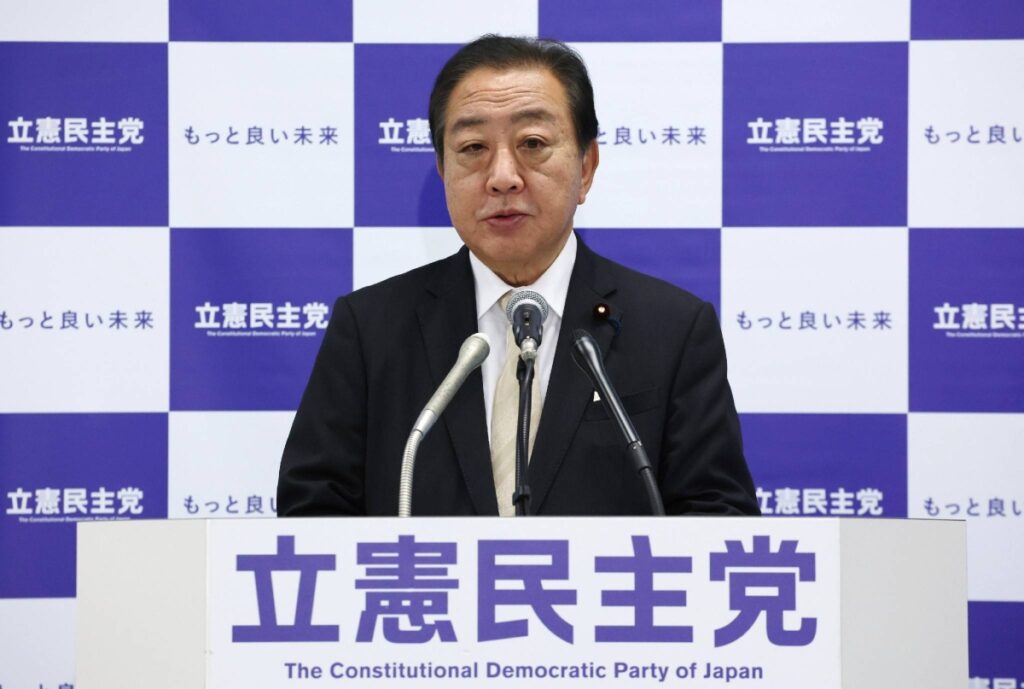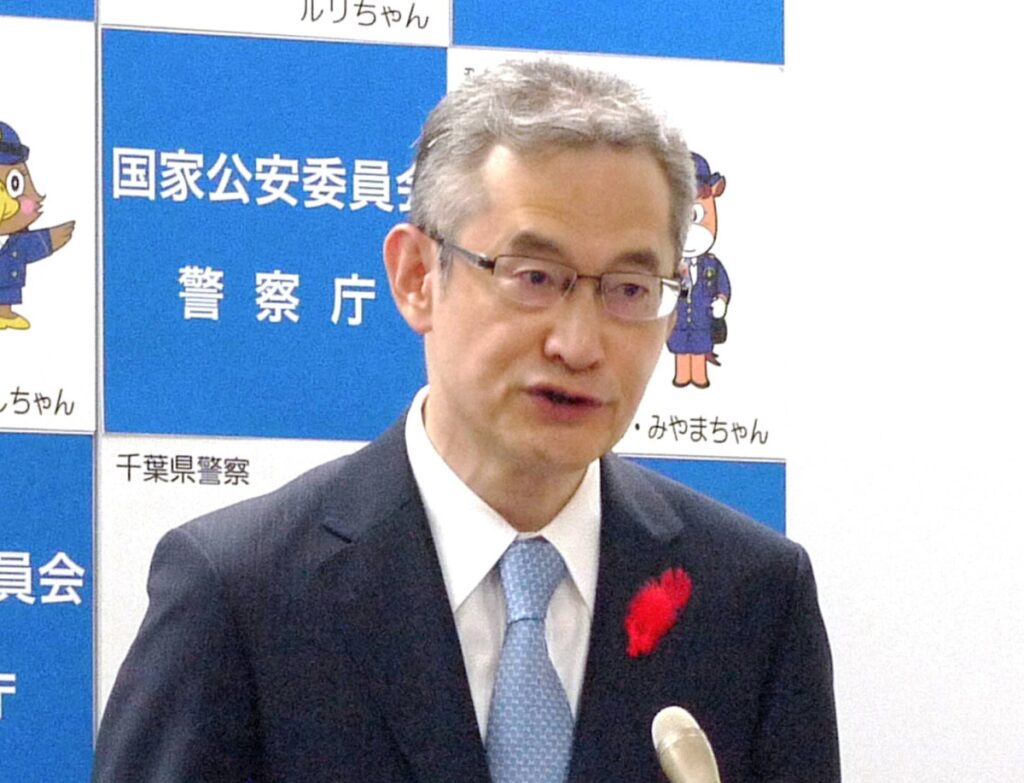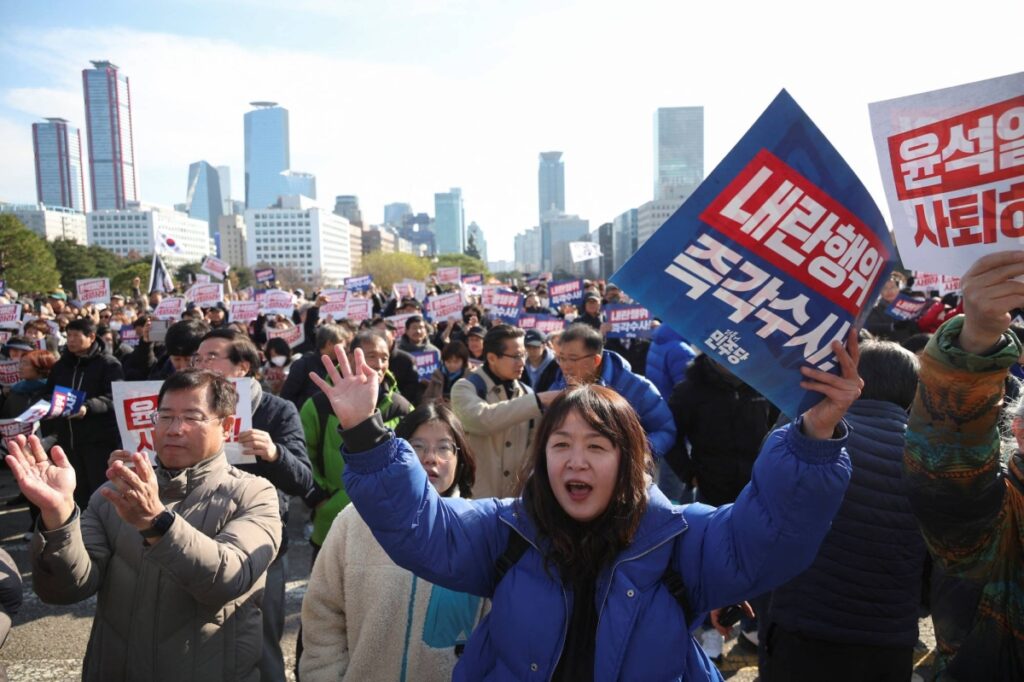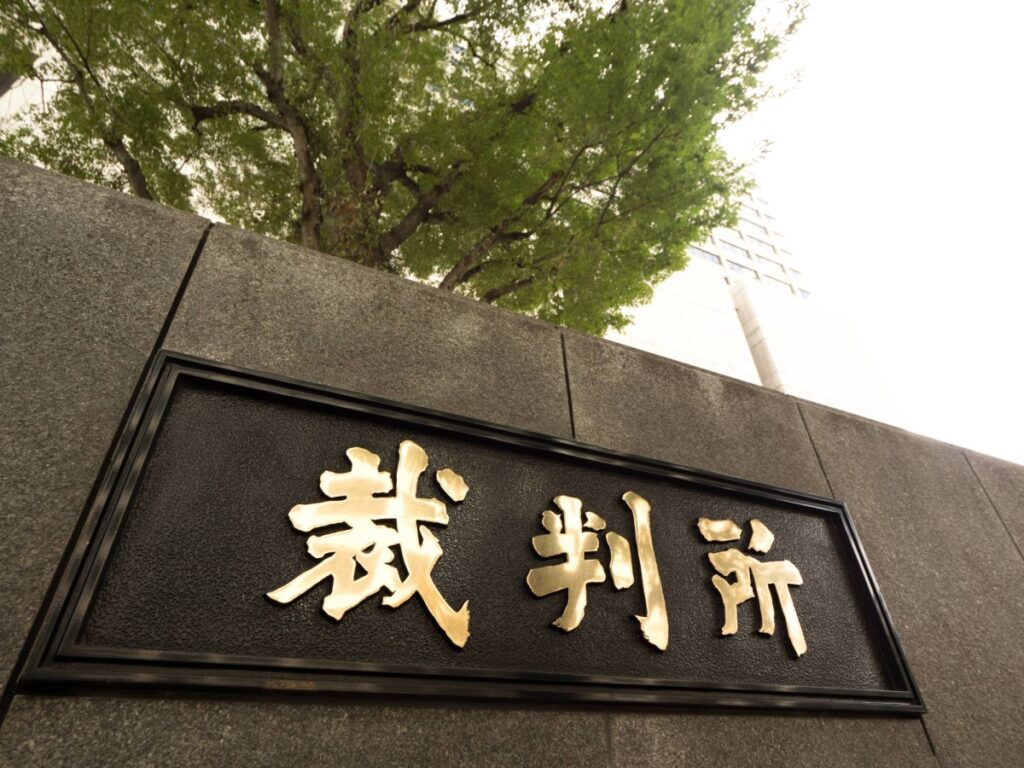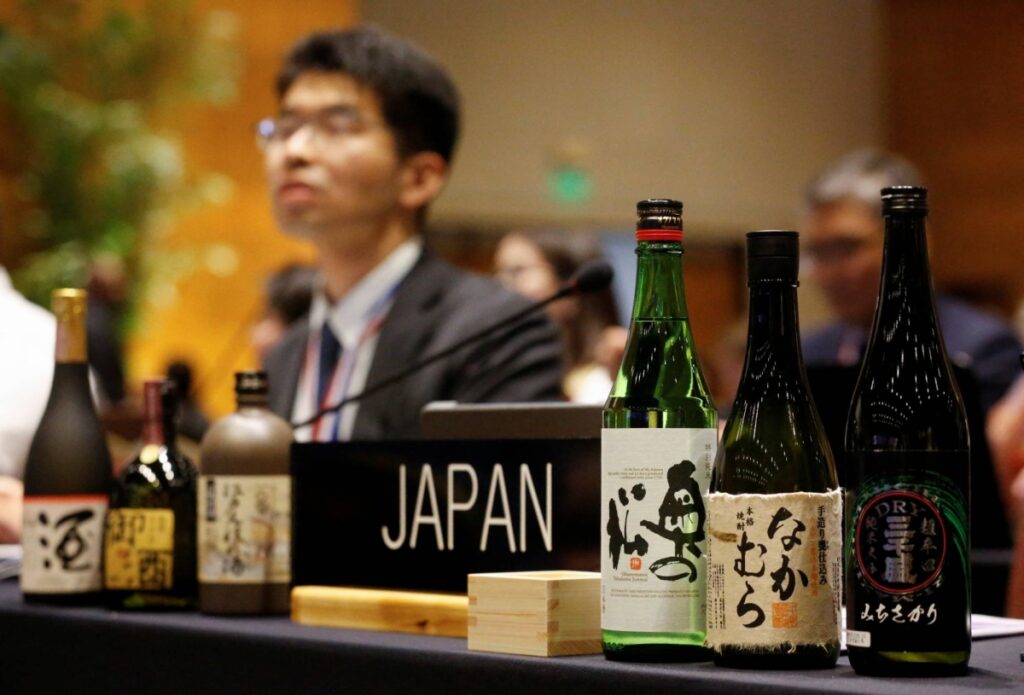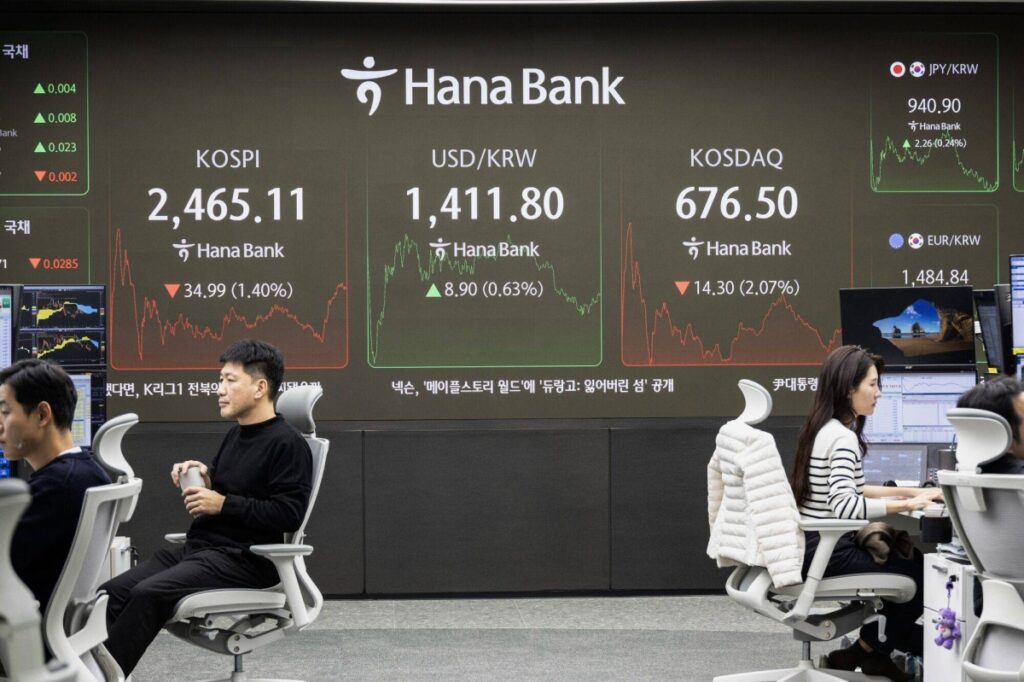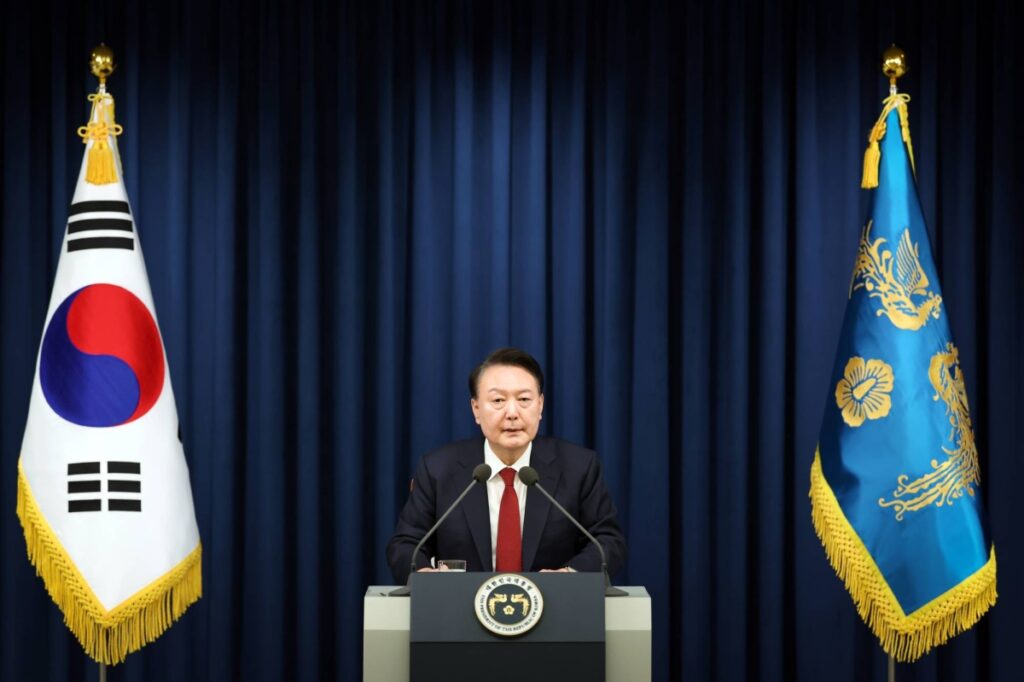BOJ rate hike bets retreat as traders count down to key meeting
Market expectations of a Bank of Japan interest rate hike this month sank after a local media report cast doubt on an increase, and the predictions hardly budged even after one of the policy board’s most dovish members said he isn’t opposed to higher rates. Overnight indexed swaps on Thursday were pricing in a 37% chance of a rate hike at the central bank’s Dec. 18-19 meeting, falling sharply from 66% on Nov. 29. The figure was little changed after BOJ board member Toyoaki Nakamura said he doesn’t object to a rate hike but would have to look at data to decide on policy this month. Still, the yen jumped as much as 0.6% and Japanese government bond futures fell given the switch from Nakamura’s more dovish comments earlier in the day. Source link
